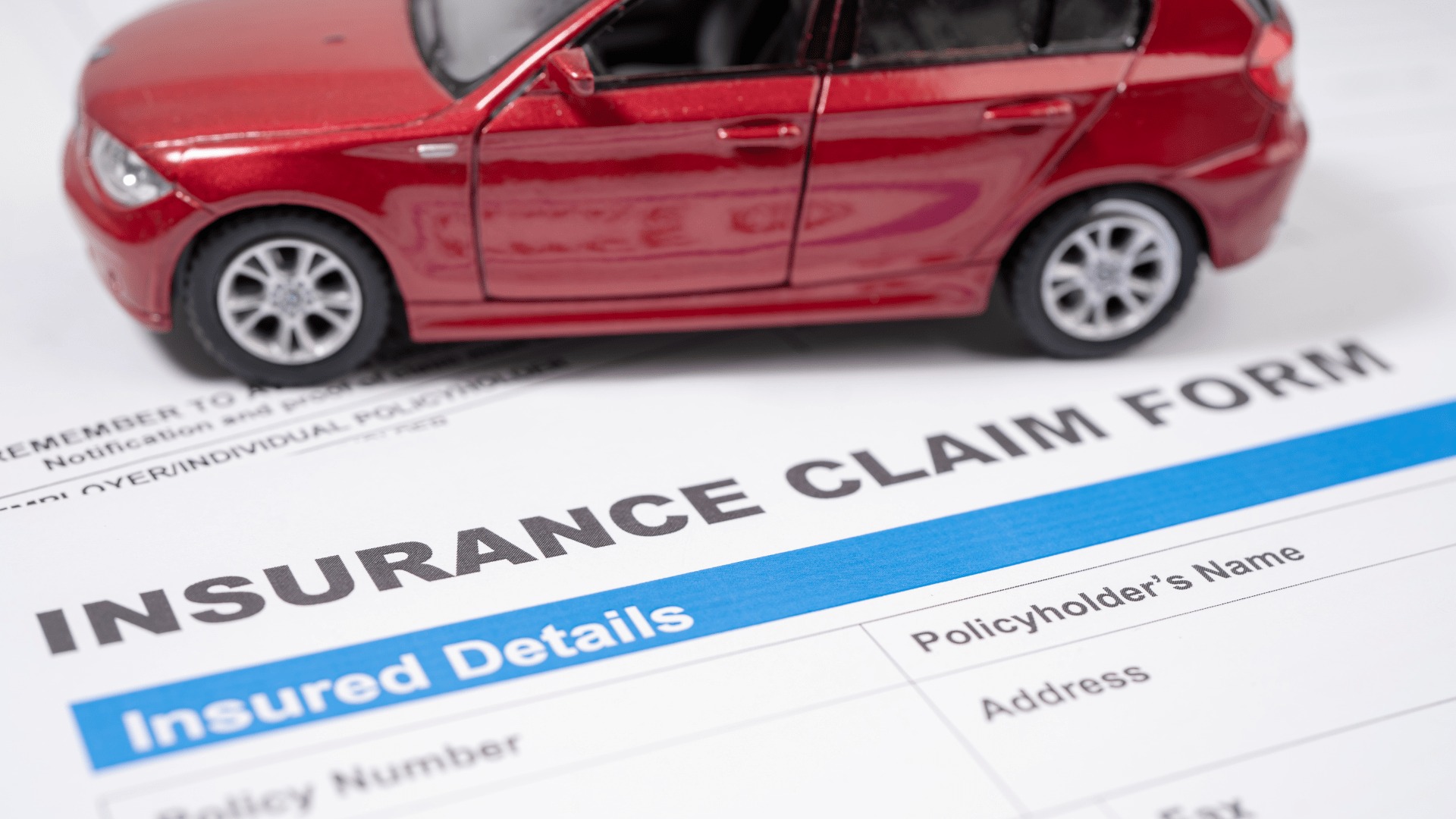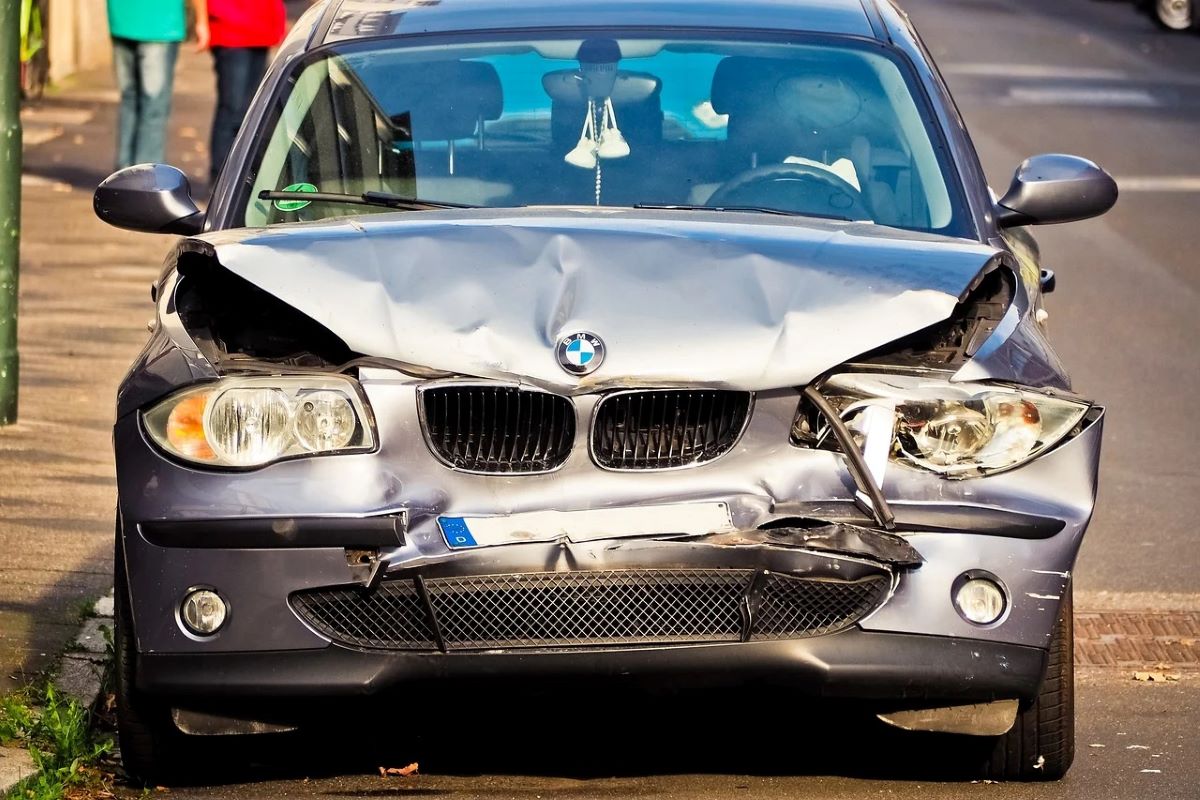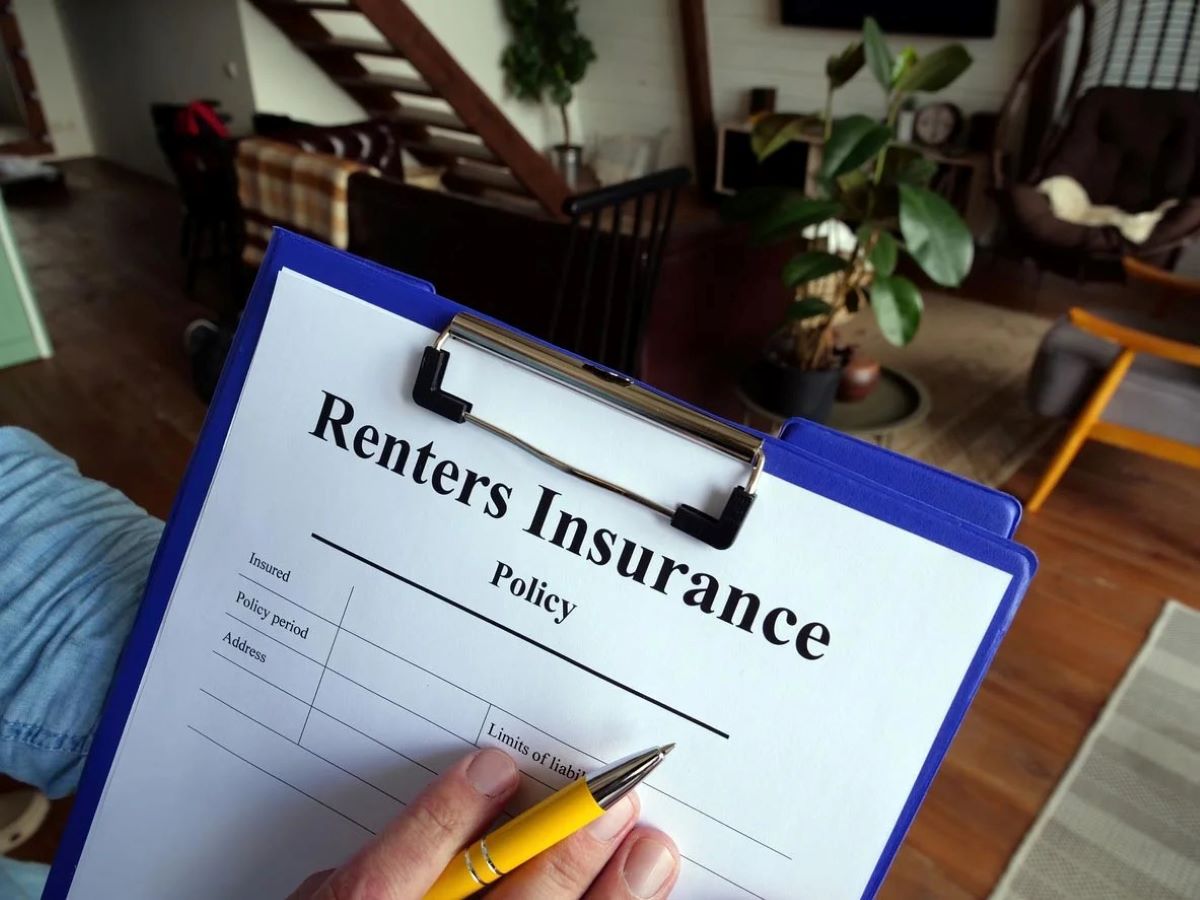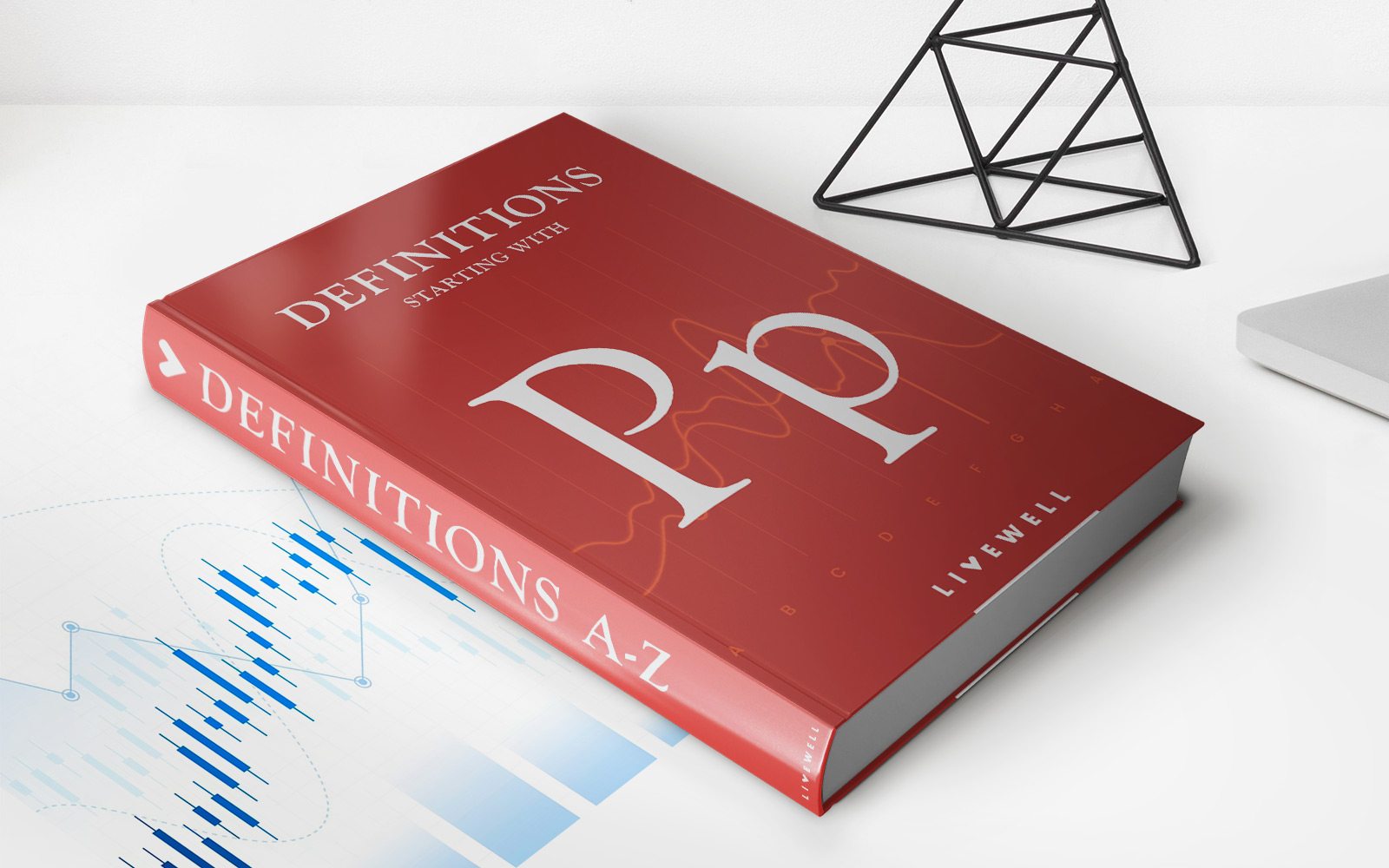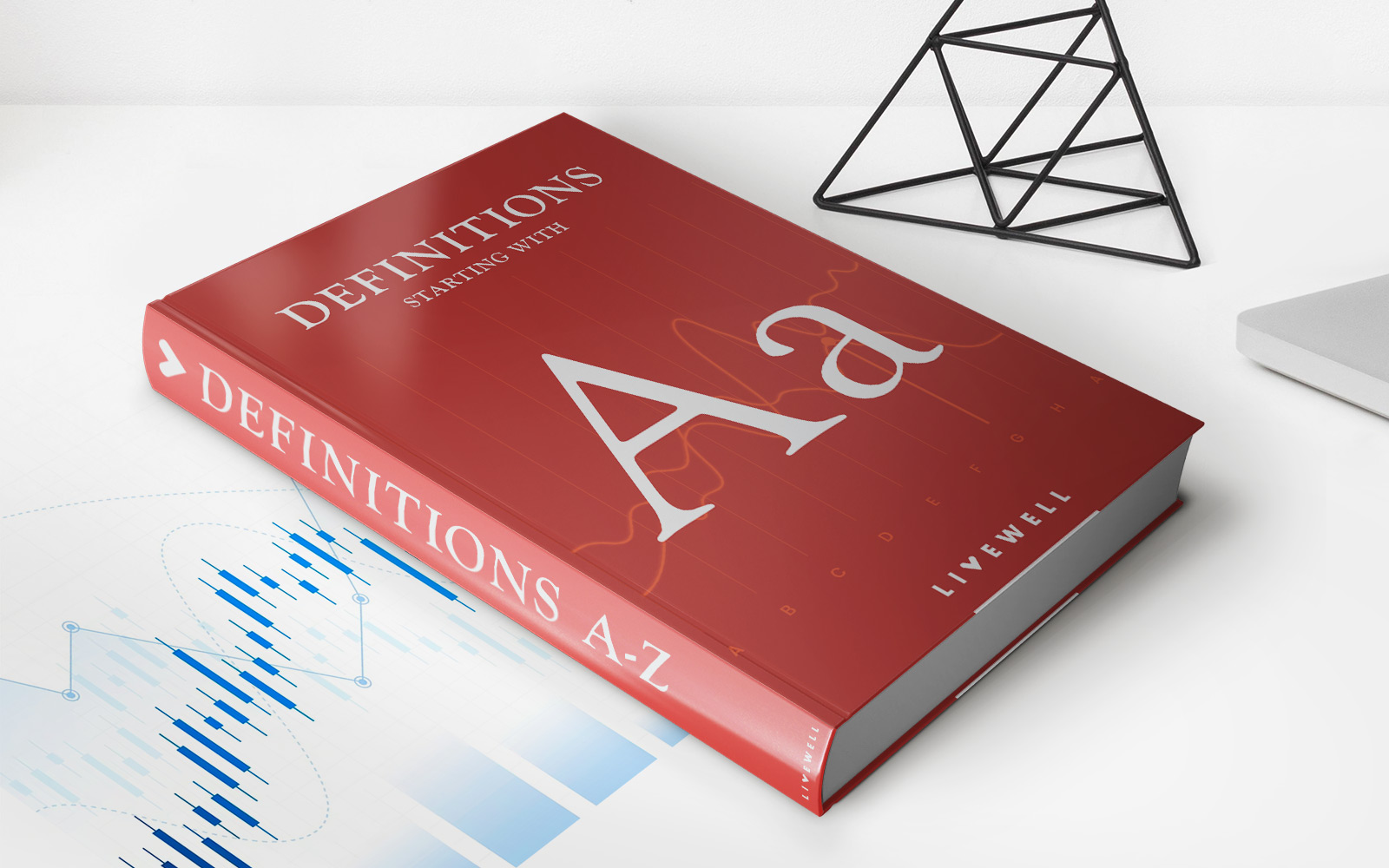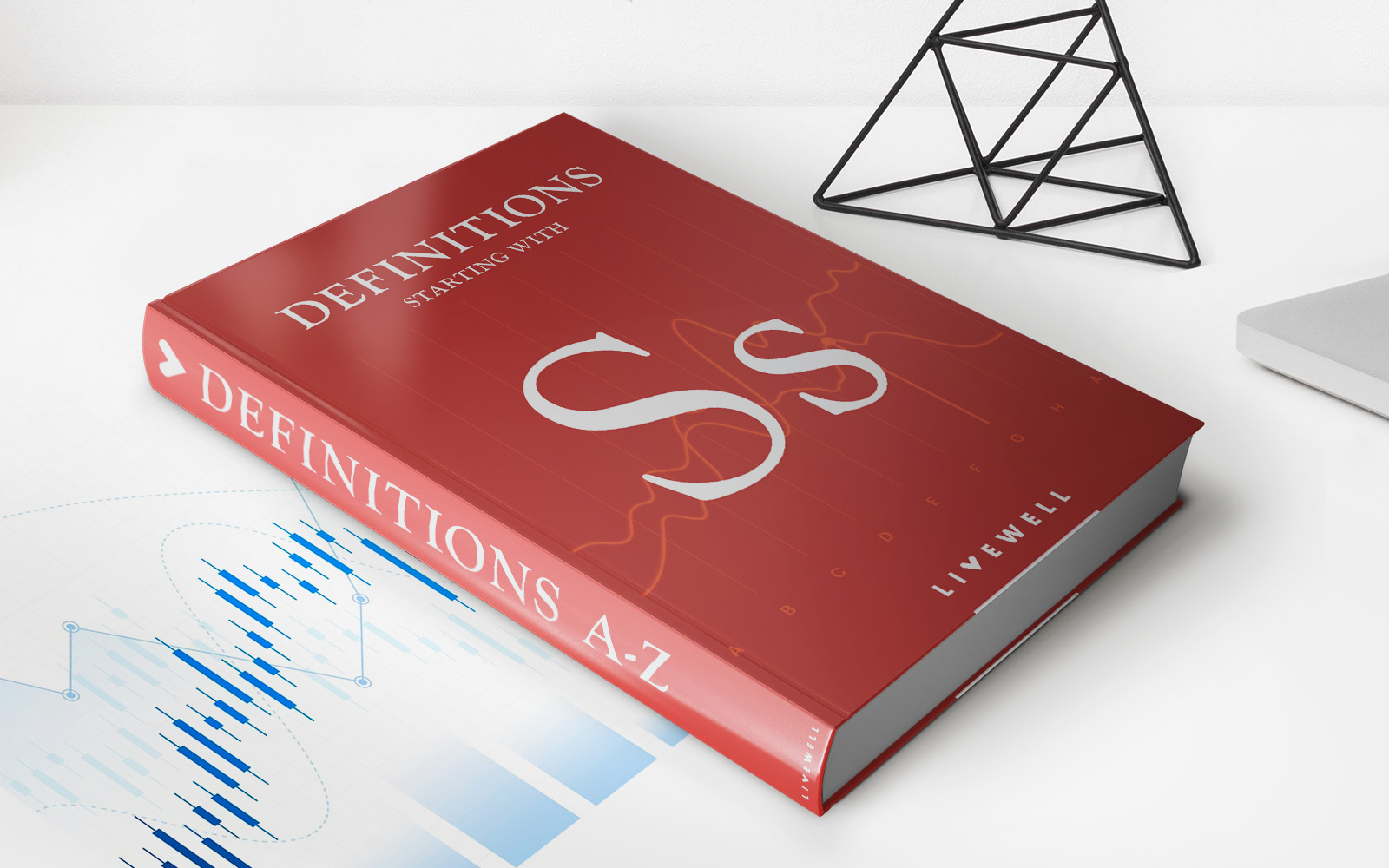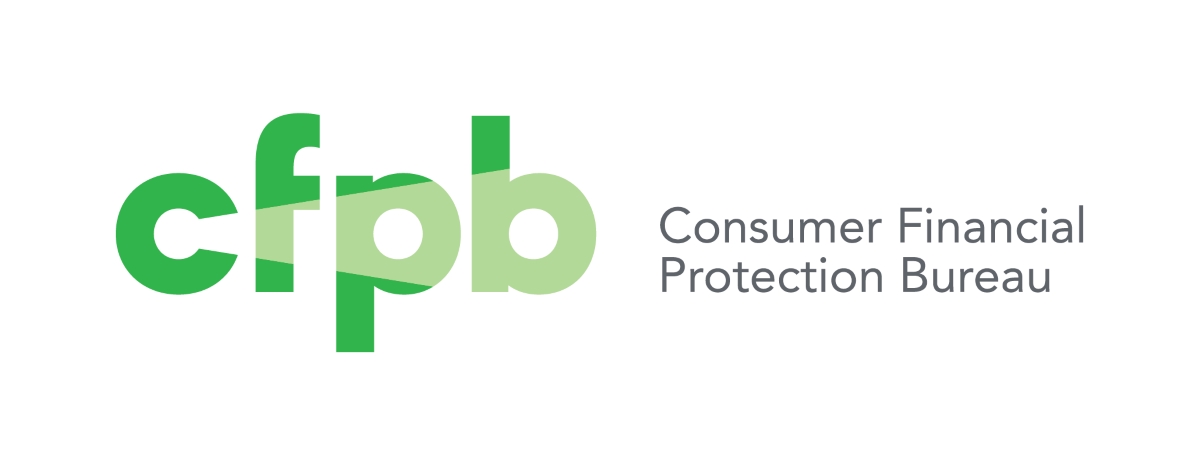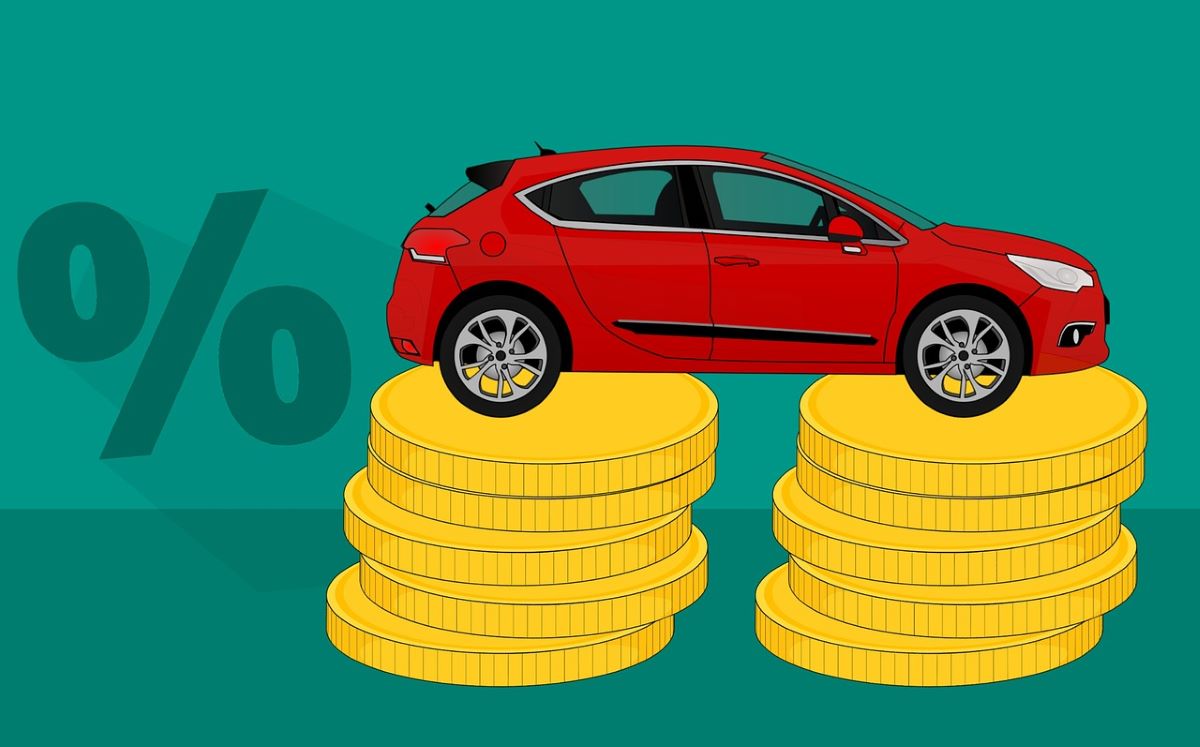

Finance
How To Get Insurance Before Buying A Used Car
Published: November 5, 2023
Looking to finance your used car purchase? Learn how to get insurance before buying a used car and secure your investment.
(Many of the links in this article redirect to a specific reviewed product. Your purchase of these products through affiliate links helps to generate commission for LiveWell, at no extra cost. Learn more)
Table of Contents
Introduction
Buying a used car can be an exciting and cost-effective investment. However, before hitting the road, it’s essential to ensure your new set of wheels is appropriately protected with insurance coverage. Having insurance not only provides financial security but also helps mitigate any potential risks associated with owning a vehicle.
When purchasing a used car, it’s important to research and understand your insurance options. This article will guide you through the process of obtaining insurance for a used car, from factors to consider before buying insurance to the types of coverage available. Additionally, we’ll provide you with practical tips on finding affordable insurance rates.
Before jumping into the steps of getting insurance for a used car, it’s crucial to recognize that insurance requirements may vary depending on your location and the specific policies of insurance companies. Therefore, it’s recommended to consult with local insurance providers or an insurance agent who can provide personalized guidance based on your circumstances.
Now, let’s dive into the details of researching insurance options and what to consider before finalizing your policy.
Researching Insurance Options
When it comes to buying insurance for your used car, it’s crucial to do thorough research and consider multiple options before making a decision. Here are some key steps to follow:
- Comparison Shopping: Start by collecting quotes from various insurance companies. Take advantage of online comparison tools or reach out to insurance agents directly. Compare the coverage options, premiums, deductibles, and additional benefits offered by different providers. This will give you a better understanding of the market and help you make an informed decision.
- Customer Reviews: Look for customer reviews and ratings of insurance companies you’re considering. This will give you insight into the level of customer satisfaction and the company’s reputation for handling claims. Websites like J.D. Power and Consumer Reports provide unbiased reviews and ratings, which can be helpful in making your decision.
- Financial Stability: It’s vital to choose an insurance company with a strong financial standing. You want to ensure that the company will be able to fulfill its obligations in the event of a claim. Check the financial ratings of insurance companies through agencies like A.M. Best or Standard & Poor’s.
- Policy Flexibility: Consider the flexibility of the policies offered by different insurance companies. Do they provide additional coverage options, such as roadside assistance or rental car reimbursement? Determine which policy features are essential for your needs and compare the availability and cost of such options.
- Discounts and Bundling Options: Many insurance companies offer discounts based on various factors, such as good driving records, multiple policies, or even belonging to certain professional organizations. Inquire about available discounts and bundling options to potentially lower your insurance premium.
- Customer Service: Evaluate the customer service provided by each insurance company you’re considering. Are they responsive and helpful? Do they have a 24/7 claims helpline? Assessing their customer service can give you an idea of how smoothly the claims process will go if the need arises.
By conducting thorough research and considering these factors, you’ll be well-equipped to make an informed decision when it comes to choosing an insurance provider for your used car. Remember, it’s not just about finding the cheapest option but also selecting a company that offers reliable coverage and quality service.
Factors to Consider Before Buying Insurance
Before you purchase insurance for your used car, there are several key factors to consider to ensure you’re making the right decision. These factors will help you determine the type and level of coverage you need:
- State Requirements: Each state has its own minimum insurance requirements for vehicles. Make sure you understand the mandated liability coverage and any additional requirements specific to your state.
- Vehicle Value: Consider the value of your used car. If it’s an older model with a lower value, you may decide to opt for liability coverage only. However, if your car is newer or has a high value, comprehensive and collision coverage might be worth considering.
- Driving Habits: Assess your driving habits to determine the level of coverage you need. If you drive frequently or have a long commute, you might want to consider higher coverage limits to protect yourself financially in case of an accident.
- Personal Assets: Evaluate your personal assets and financial situation. If you have substantial assets, it’s important to consider higher liability coverage to protect yourself in the event of a lawsuit.
- Deductibles: Decide on the amount of deductibles you’re willing to pay out of pocket in the event of a claim. Higher deductibles generally result in lower premiums, but make sure it remains affordable for you.
- Prior Insurance History: Your prior insurance history plays a role in determining your insurance rates. If you’ve had a good claims history with previous providers, it might contribute to lower premiums.
- Additional Drivers: If there are other drivers in your household who will be using the vehicle, consider adding them to your policy. Be aware that adding inexperienced or high-risk drivers may increase your premiums.
- Driving Record: Insurance companies consider your driving record when determining rates. If you have a history of accidents or traffic violations, it may result in higher premiums.
- Future Plans: Consider your future plans with the vehicle. If you plan to sell or replace the car in the near future, it might influence the level of coverage you choose and the duration of the policy.
By taking these factors into account, you can tailor your insurance coverage to meet your specific needs and ensure that you’re adequately protected in the unfortunate event of an accident or unforeseen circumstances involving your used car.
Types of Insurance Coverage
When purchasing insurance for your used car, it’s essential to understand the different types of coverage available. Here are the main types of insurance coverage to consider:
- Liability Coverage: This is the most basic form of auto insurance and is typically required by law. It provides protection if you are at fault in an accident and are responsible for any bodily injury or property damage to others. Liability coverage is expressed in two limits: bodily injury liability and property damage liability.
- Collision Coverage: This coverage helps pay for damages to your vehicle if it collides with another vehicle or object, regardless of who is at fault. Collision coverage is especially crucial if you have a valuable or newer used car.
- Comprehensive Coverage: Comprehensive coverage protects your vehicle from damages caused by events other than a collision. This can include theft, vandalism, natural disasters, fire, or falling objects. It provides financial protection for repairs or replacement of your vehicle.
- Uninsured/Underinsured Motorist Coverage: This type of coverage helps protect you if you’re involved in an accident with a driver who doesn’t have insurance or has insufficient coverage. It covers medical expenses, lost wages, and property damage that would typically be covered by the at-fault driver.
- Personal Injury Protection (PIP): PIP coverage, sometimes referred to as no-fault coverage, covers medical expenses, lost wages, and other related costs regardless of who was at fault in an accident. It is mandatory in some states and optional in others.
- Rental Reimbursement Coverage: This coverage helps cover the cost of renting a substitute vehicle while your used car is being repaired after an accident. It’s worth considering if you rely heavily on your vehicle and want to avoid significant inconvenience in case of a collision.
- Roadside Assistance: This coverage provides assistance when your vehicle breaks down or if you need help with services like towing, battery jump-starts, flat tire changes, or locksmith services. It can be a valuable add-on, especially if you frequently travel or are concerned about unexpected breakdowns.
- Gap Insurance: Gap insurance covers the difference between the value of your used car and the amount you owe on your auto loan in the event of a total loss or theft. This can be important if you owe more on your loan than the car is worth.
Understanding these different types of insurance coverage will help you determine the level of protection you need for your used car. It’s important to assess your individual circumstances, budget, and preferences to choose the appropriate coverage options.
Steps to Get Insurance for a Used Car
Now that you have a good understanding of the insurance options and coverage types available, let’s explore the steps to follow to obtain insurance for your used car:
- Gather Vehicle Information: Collect all the necessary information about your used car, including the make, model, year, vehicle identification number (VIN), and mileage. This information will be required when obtaining insurance quotes.
- Research Insurance Providers: Use the research and comparison shopping tips mentioned earlier to identify several insurance providers that offer the coverage you need. Look for reputable companies with competitive rates and good customer reviews.
- Get Quotes: Reach out to the selected insurance providers either online or by calling their customer service. Provide the required information about your vehicle and personal details to receive accurate insurance quotes. Compare the coverage options, deductibles, and premiums offered by each provider.
- Analyze Coverage Options: Carefully review the coverage options provided in each quote. Ensure that the coverage aligns with your needs, taking into account factors such as the age and value of your used car, your driving habits, and your budget.
- Make a Decision: Based on your research and analysis of the quotes, select an insurance provider that offers the coverage you need at a competitive price. Consider factors such as customer service, financial stability, and any additional benefits offered.
- Contact the Chosen Insurance Provider: Reach out to the chosen insurance company to finalize the policy. Provide any additional information or documentation required, such as your driver’s license or vehicle registration.
- Review and Sign the Policy: Carefully review the policy before signing any contracts. Ensure that the coverage limits, deductibles, and other details match your requirements. If you have any questions or concerns, don’t hesitate to ask the insurance company for clarification.
- Make the First Premium Payment: Pay the initial premium to activate your insurance coverage. The payment can usually be made either online, over the phone, or through traditional mail. Make sure to keep a copy of the payment receipt for your records.
- Receive Proof of Insurance: Once you’ve signed up and made the first payment, the insurance company will provide you with proof of insurance. This may include an insurance card or a digital copy that you can keep in your vehicle at all times.
By following these steps, you’ll be well on your way to securing insurance coverage for your used car. Remember to review your policy periodically to ensure it still meets your needs as your circumstances change over time.
Tips for Finding Affordable Insurance
Insurance is a necessary expense when owning a used car, but that doesn’t mean you have to break the bank. Here are some tips to help you find affordable insurance rates:
- Shop Around: Don’t settle for the first insurance quote you receive. Take the time to compare rates from multiple providers. Each company uses its own formula to determine premiums, so you may find significant differences in pricing for the same coverage.
- Consider Higher Deductibles: Opting for higher deductibles can lower your insurance premiums. However, make sure you choose a deductible amount that you can comfortably afford in case you need to file a claim.
- Bundle Policies: If you have other insurance policies, such as homeowners or renters insurance, consider bundling them with your car insurance. Many insurance companies offer discounts for bundling multiple policies.
- Check for Discounts: Inquire about any available discounts that you may qualify for. These can include safe driver discounts, good student discounts, low mileage discounts, and discounts for certain safety features installed in your vehicle. Ask your insurance provider about the various options available to you.
- Maintain a Good Driving Record: Your driving record is one of the key factors that insurance companies consider when determining your rates. By maintaining a clean driving record without accidents or moving violations, you may be eligible for lower premiums.
- Take a Defensive Driving Course: Some insurance providers offer discounts to policyholders who have completed a defensive driving course. Check if this option is available in your area and if it can help reduce your insurance costs.
- Consider Usage-Based Insurance: Usage-based or telematics insurance programs use technology to track your driving habits. If you’re a safe driver and have low mileage, this type of insurance can offer lower rates based on your actual driving behavior.
- Review Your Coverage Needs: Periodically review your insurance coverage to ensure that you’re not paying for unnecessary extras. For example, if you have an older used car, you may no longer need comprehensive and collision coverage, which can be costly.
- Improve Your Credit Score: In some states, insurance companies consider credit scores when determining rates. Improving your credit score by managing your finances responsibly can help you secure more favorable insurance premiums.
- Ask for Professional Help: If you’re struggling to find affordable insurance rates, consider consulting with an independent insurance agent. They can help you navigate the insurance market and find the best coverage options within your budget.
By implementing these tips and being proactive in seeking out the best insurance rates, you can find affordable coverage that meets your needs without compromising on quality protection for your used car.
Conclusion
Obtaining insurance for your used car is a crucial step in protecting yourself and your investment on the road. By conducting thorough research, considering factors that influence your coverage needs, and exploring the different types of insurance available, you can make an informed decision that suits your specific circumstances.
When researching insurance options, be sure to gather quotes from multiple providers and compare coverage options, premiums, and additional benefits. Don’t forget to assess the reputation and customer service of insurance companies, as well as their financial stability.
Before finalizing your insurance policy, consider factors such as state requirements, your vehicle’s value, driving habits, personal assets, and future plans. These elements will help you determine the appropriate coverage types and levels for your needs.
Once you’ve chosen an insurance provider, follow the necessary steps to secure coverage, review and sign the policy, and make the initial premium payment. Keep the proof of insurance handy in your vehicle as required by law.
To find affordable insurance rates, make a point to shop around, consider higher deductibles, bundle policies, and explore available discounts. Maintaining a good driving record, taking a defensive driving course, and periodically reviewing your coverage needs can also help lower your premiums.
Remember, insurance is an ongoing commitment. Periodically review your policy to ensure it still aligns with your needs and budget as circumstances change.
With the right insurance coverage in place, you can drive your used car with confidence, knowing that you’re protected against potential risks and unforeseen events on the road.



